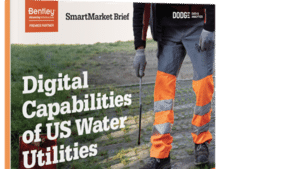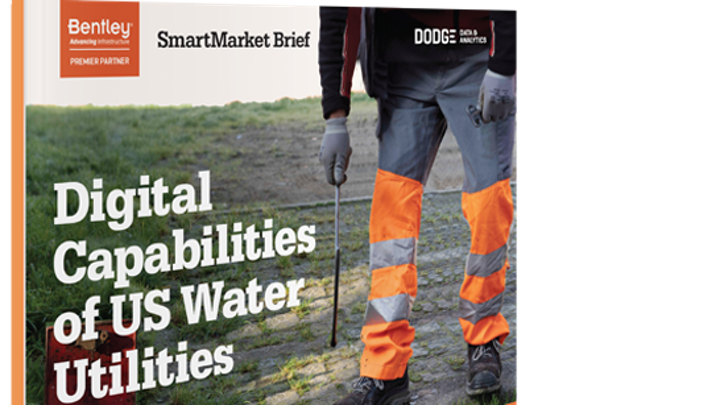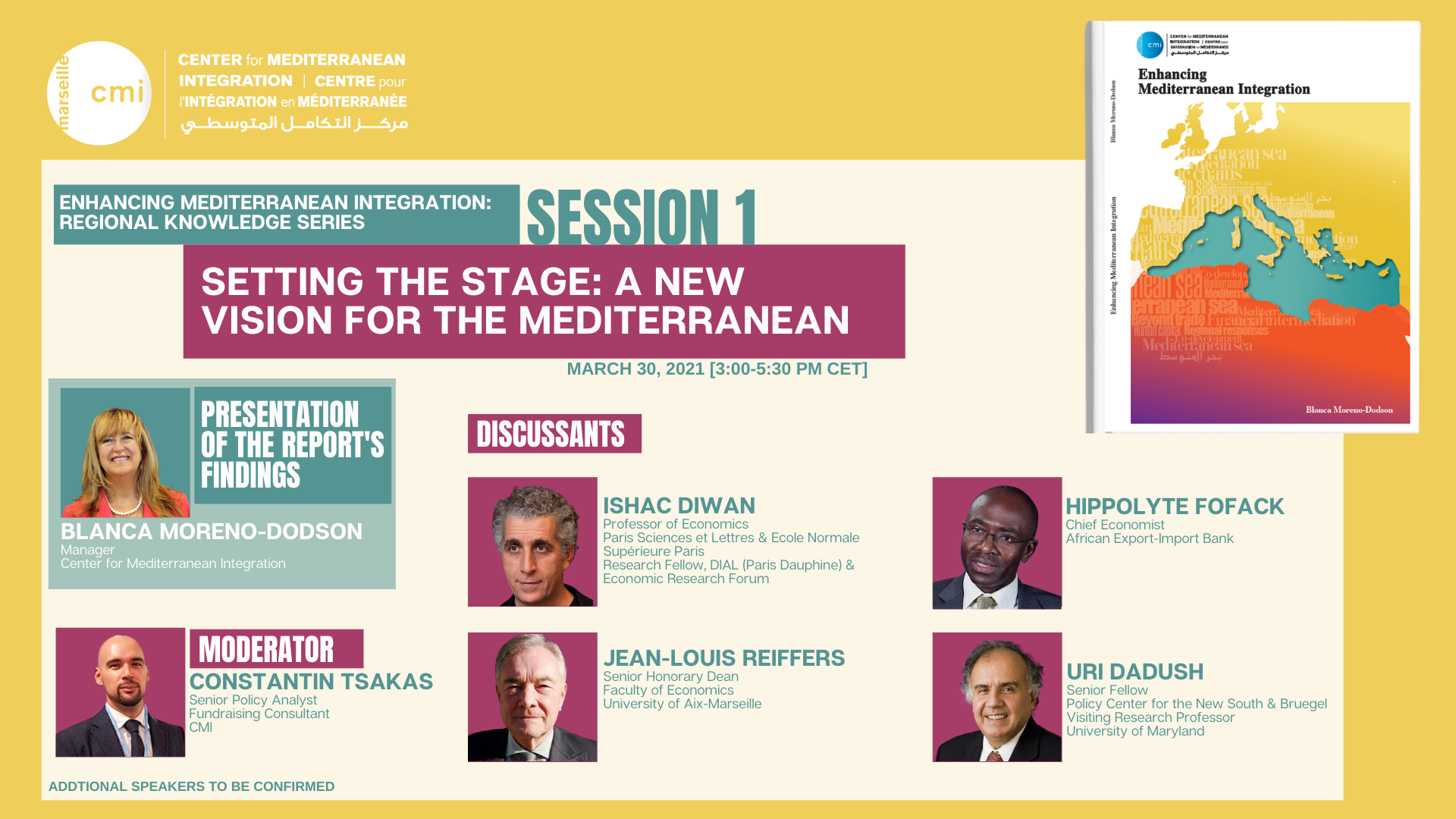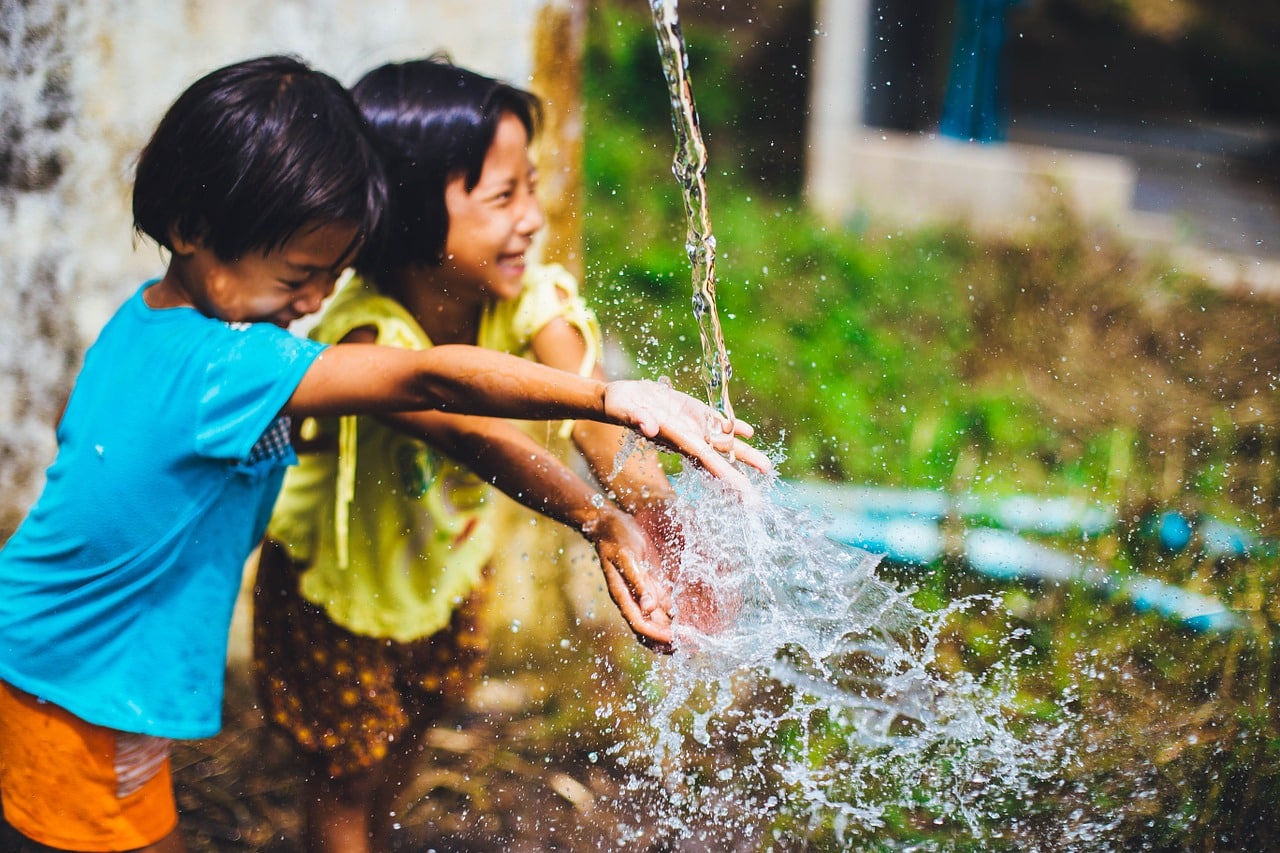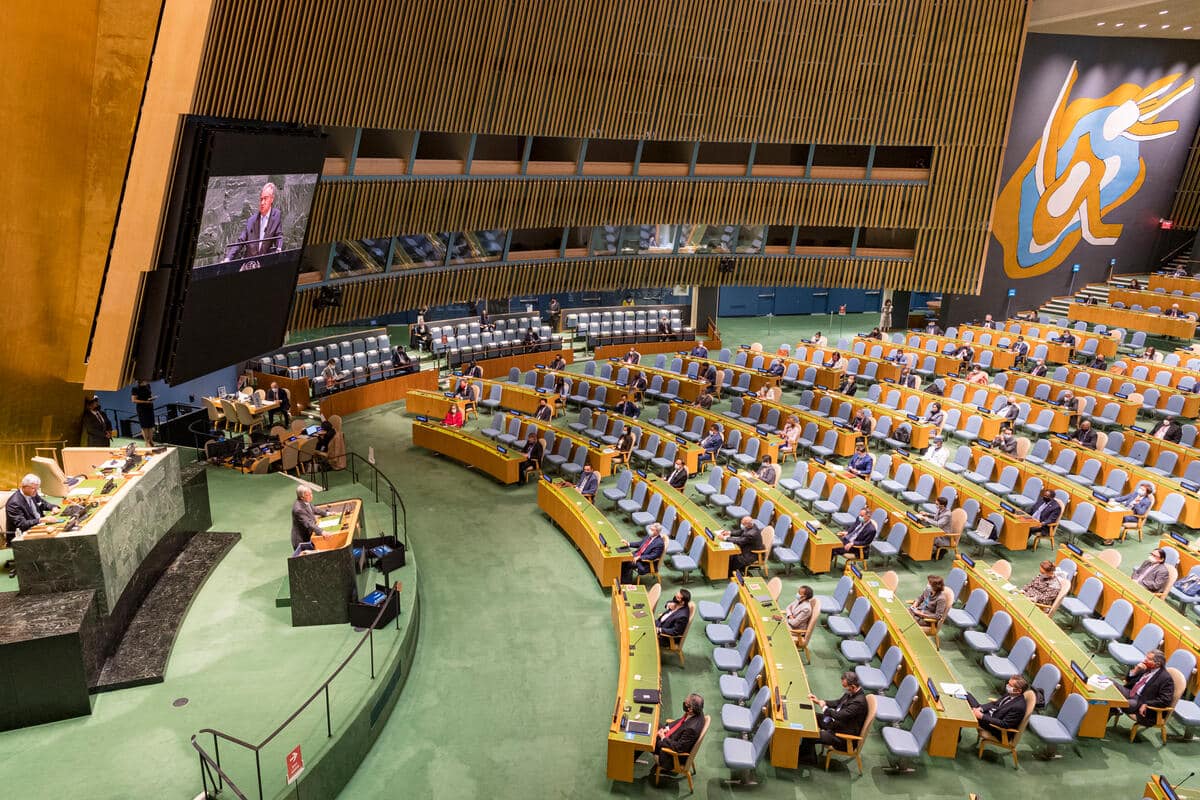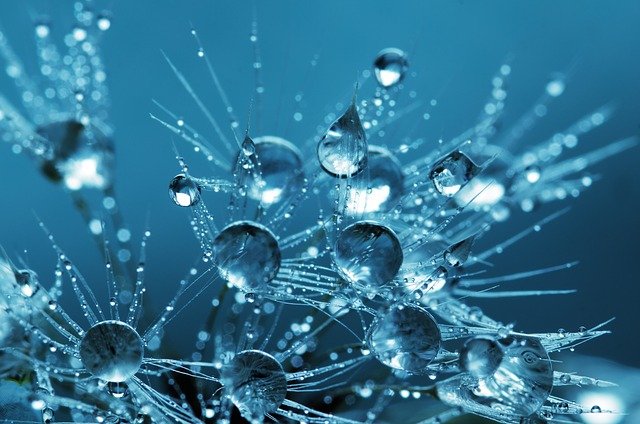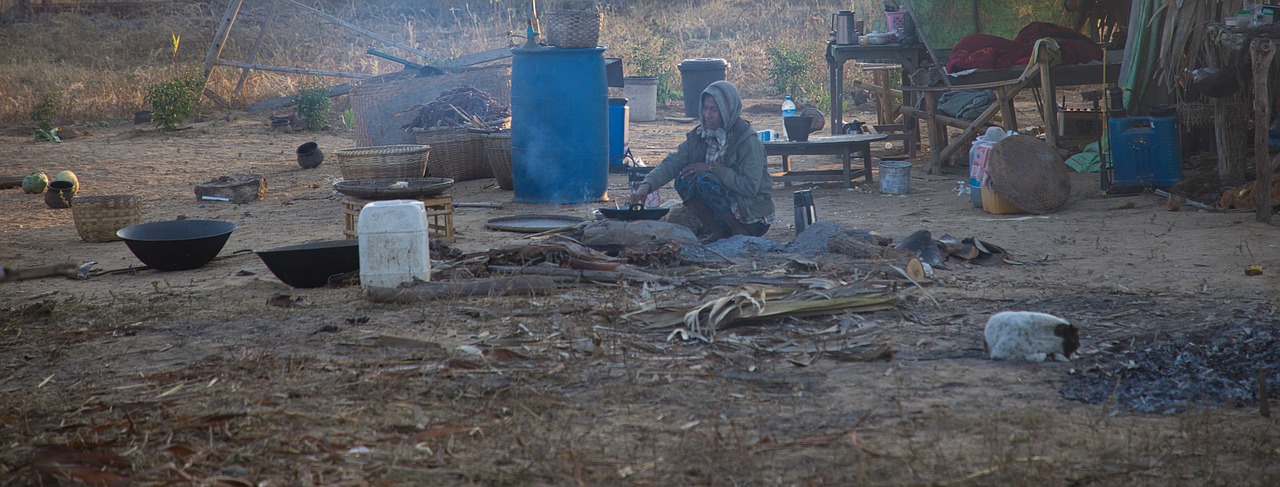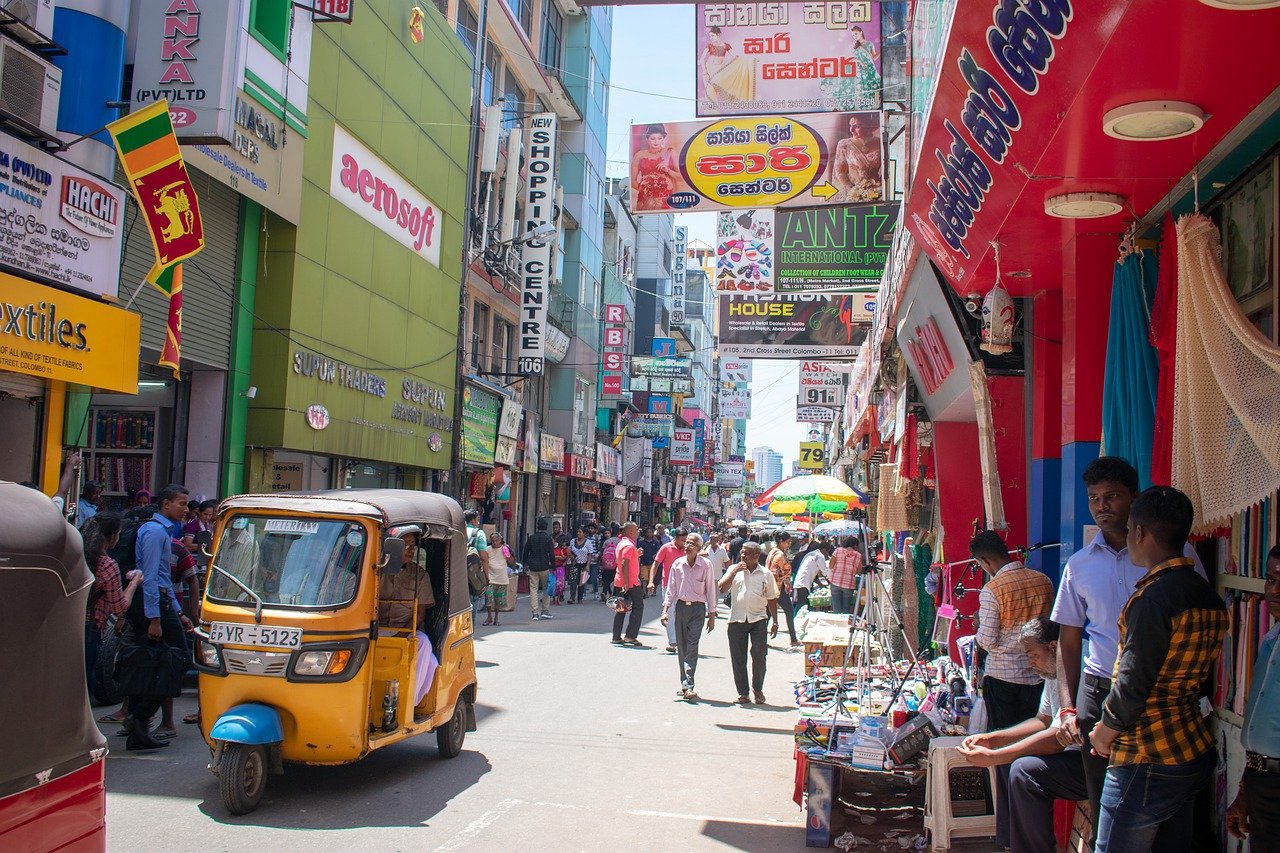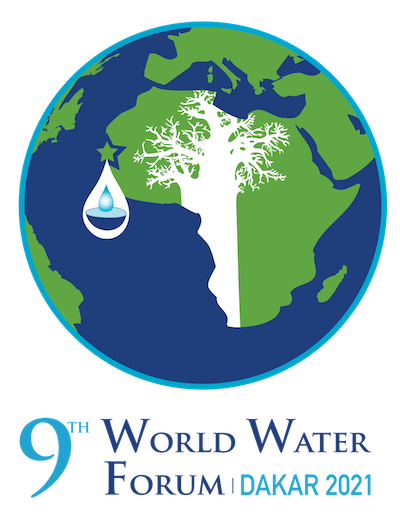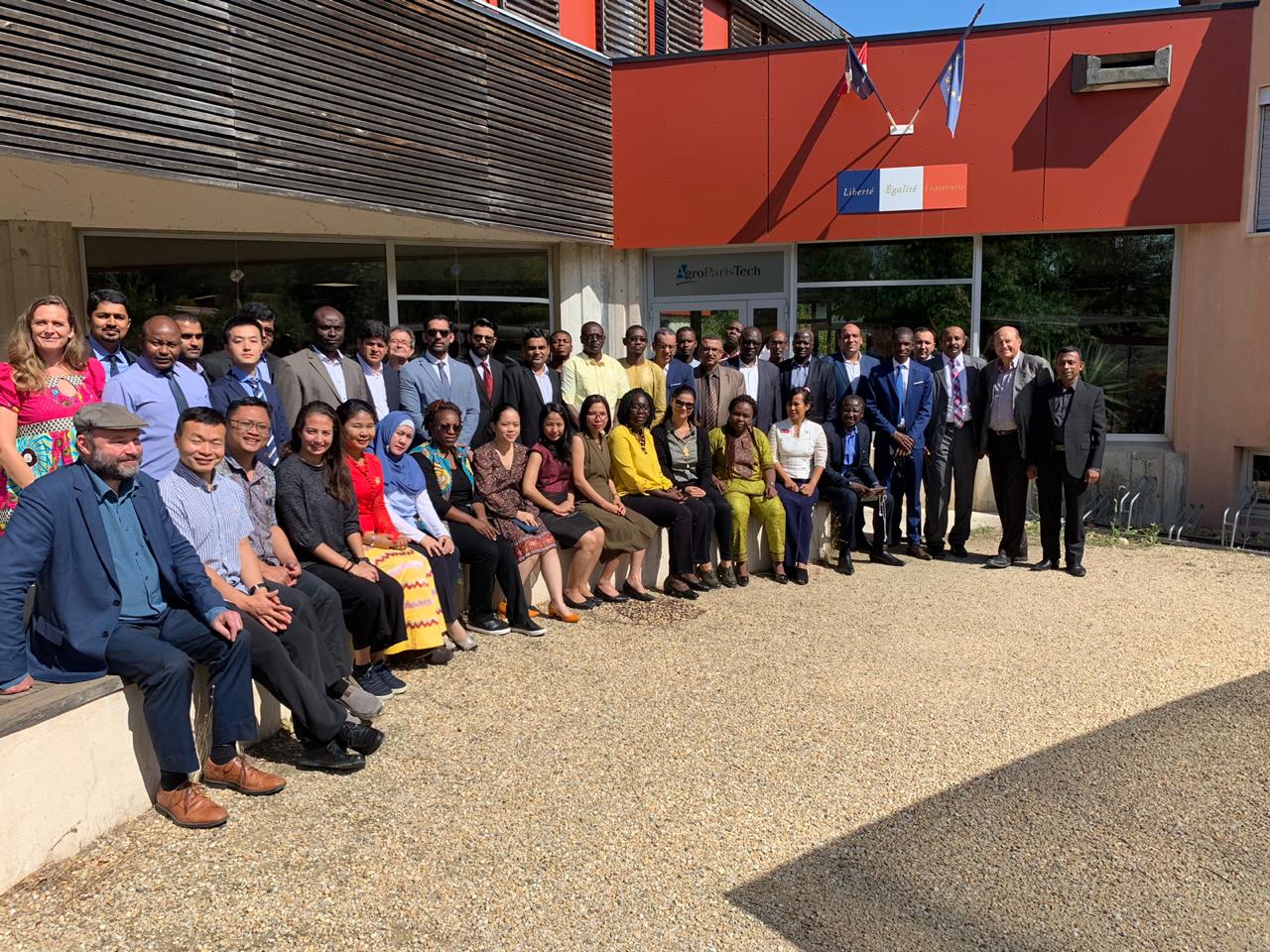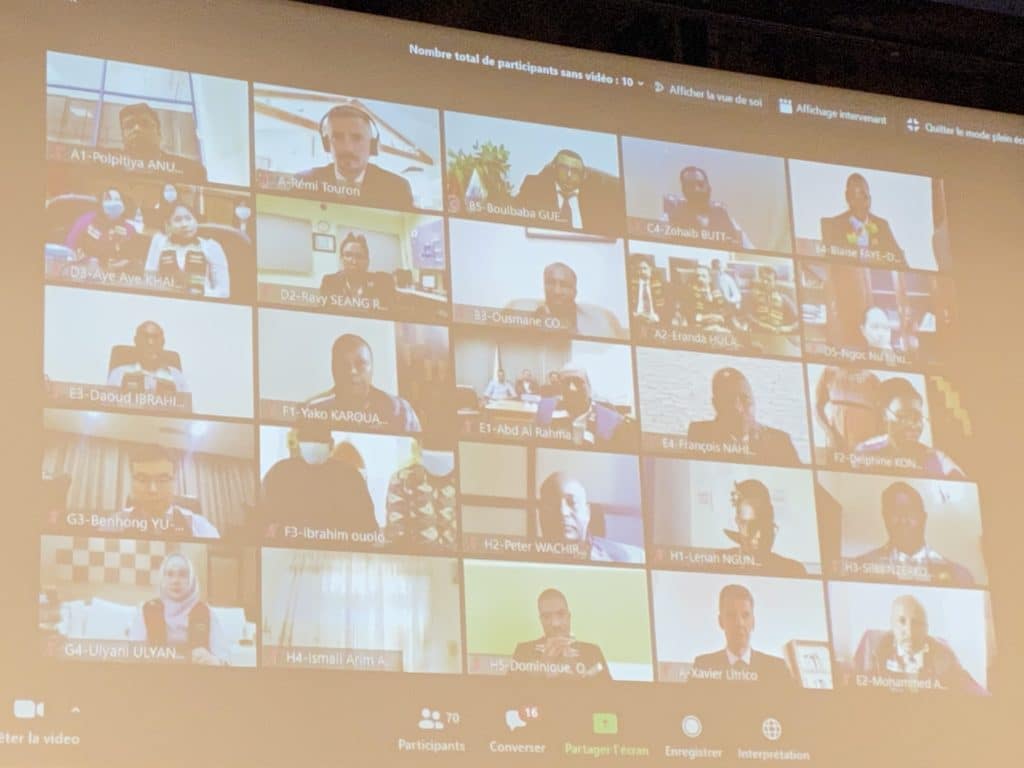On 15 October last, the University of Montpellier, the Ministry of Higher Education, Research and Innovation and UNESCO signed a six-year agreement for the establishment of an international centre dedicated to water. A first in France and a great victory for Eric Servat, director of the Mediterranean Institute for Water and the Environment and project leader. Interview with this key figure in the water science community in Montpellier.
The University of Montpellier will host a Unesco international centre dedicated to water. It is called Icireward. What does this acronym stand for?
It was my colleague and friend Olivier Barreteau, director of the UMR G-EAU, who came up with this acronym. It means “International centre for interdisciplinary research on water system dynamics”. In French it would be translated as “Centre international de recherche interdisciplinaire sur les dynamiques des socio-hydro-systèmes” (International centre for interdisciplinary research on socio-hydro-system dynamics). And this corresponds perfectly to what we are and to our project.
It is a category 2 Unesco Centre. What is the difference with a category 1 Centre?
In concrete terms, it means that we have more autonomy to define our strategic orientations than a category 1 Centre. Moreover, in the field of water sciences, only the Delft Centre in the Netherlands was in category 1, but it too has applied to move to category 2. We will nevertheless have a UNESCO representative on the Strategic Orientation Council and, of course, we will produce the expected reporting every two years. We are working with UNESCO in a climate of shared trust that will enable us to implement our project with serenity.
How many Unesco Centres are dedicated to water in the world?
In total there are about thirty and we are the first in France. The French scientific community, and in particular the Montpellier water science community, has been working with UNESCO for a very long time, so it was logical to formalise these links.
This Unesco Centre brings together fifteen Montpellier laboratories (in the broadest sense since it includes Narbonne and Alès). Large structures that are 100% dedicated to water sciences such as HydroSciences, which I directed for 14 years, but also G-EAU or the Lisah at the Agro – Montpellier Supagro Institute. And then you have all the other laboratories where water is part of the activity. If we take stock of all this, it represents about 400 scientists and nearly 150 PhD students. When you are able to mobilise so many people, this makes for a large critical mass which is, in the field of water sciences, the largest structured community in France.
In all disciplines?
Yes at HydroSciences you will find physicists, modelers, hydrologists, but also chemists, geochemists and microbiologists. At G-EAU you will find economists, sociologists, anthropologists, political scientists… At Lisah, agronomists, soil scientists… and in the other laboratories geographers, remote sensing specialists, etc… We cover an extremely wide and diverse spectrum of scientific disciplines.
There is also an ancient history of water sciences in Montpellier.
Yes, it is history that makes us have all these skills. Already at the time of the USTL, the University of Sciences and Techniques of Languedoc, there were already laboratories of mathematical hydrology and hydrogeology. In the 1960s, people were working on the source of the Lez like Professor Avias. There were strong competences and all the national organisations working in the field of water were established in Montpellier, the CNRS, the IRD, the CIRAD, the BRGM, the INRAE… This history means that, probably more than elsewhere, we have this capacity to put around the table people who have different and very complementary skills and objects of study.
This is why Montpellier was chosen to host this Centre?
The strength of the water sciences community in Montpellier is its ability to be multidisciplinary and interdisciplinary. This is what makes the difference with other sites in France that do excellent work but do not have this specificity as much. This interdisciplinarity was already at the basis of the Mediterranean Institute for Water and the Environment, the IM2E, and it is this particularity, which is our main asset, that we have transposed in our project to create a Unesco Centre.
It isn’t it difficult to get this whole little world to work together?
We have worked hard to bring this collective to the fore and coordinate the activities of these teams. An IFR, a federative research institute, had laid the first stones of this collective before stopping in 2010. Then we completed this work by creating the IM2E on 1 January 2015, which provided a place for all these players to come together to define collective strategies. And of course there was the creation of the Muse.
And it’s not difficult to get all this little world working together?
We have worked a lot to make this collective emerge and to coordinate the activity of these teams. An IFR, a federative research institute, had laid the first stones of this collective before stopping in 2010. Then we completed this work by creating the IM2E on 1 January 2015, which provided a place for all these players to come together to define collective strategies. And of course there was the creation of the Muse.
What role did the Muse play exactly?
Somewhere the Unesco Centre is a bit like the fruit of the Muse project. Through the Kim Waters, Muse encouraged us to identify actions and projects capable of increasing our attractiveness and visibility internationally. More directly, Muse gave us the financial capacity to set up research projects that typically foreshadowed what projects carried by the UNESCO Centre would be. I’m not sure that without Muse’s help we would have obtained this Centre. There is this confidence, this support that makes us believe in it. And in return, I hope that with this Centre we will make our contribution to perpetuating the Muse project.
What are the broad outlines of the projects you are going to work on now?
When we work with UNESCO, we work with the United Nations and therefore the imperative framework is the Sustainable Development Objectives. SDO 6, of course, which is 100% dedicated to water supply and sanitation issues, and a number of other SDOs as well. There are more than 2 billion people today who have neither access to drinking water nor to reliable sanitation systems, which contributes to making water the main vector of diseases, which is not the least paradox when we know its indispensable necessity.
And do you have specific areas of focus?
We have built this research project around five main axes, ranging from the characterisation of elementary processes to approaches oriented towards the functioning of societies. What we call socio-hydro-systems. So, for example, it is the vulnerability of systems to anthropic pressures, the availability and quality of water resources in relation to climate change. But also work on social dynamics, the trade-offs between, for example, land use and water resource management policies. We make the most of this plurality of scientific skills that characterises Montpellier. This is the challenge we have decided to take up, which is to highlight interdisciplinarity in order to tackle the crucial issues that will emerge in the water field in the years to come.
The Centre is created until 14 October 2026 but after that there is no reason why it should not be renewed. The Centre in Delft has been in existence for about 60 years.
We imagine that this convention will open many doors for you…
Yes, the international recognition and visibility brought by UNESCO is something very strong that will allow us to ta
ke a step forward. Our objective is to play a significant role in the network of UNESCO Centres and Chairs, what we call the “UNESCO water family”. This gives us the ability to interact with all the other Centres, in Delft in the Netherlands, Lodz in Poland, Dundee in Scotland, the United States or Japan. This opening will strengthen our networks, offer us exchange prospects through students or scientific stays.
With the South as well?
UNESCO has a very strong impact in the South where it contributes to structuring scientific communities through the international programmes it implements. We already have the IRD and CIRAD networks which are very structured, often longstanding, and here again UNESCO will offer us facilities to develop these networks. A fortiori because several of us are heavily involved in major UNESCO programmes, particularly within the Intergovernmental Hydrological Programme (IHP).
In terms of training, what will this Centre bring?
The question of training is very important for UNESCO. So the idea, as far as we are concerned, is not to create additional training courses but to promote the excellent training courses of the Montpellier site to make them even more attractive than what they already are, whether it be the Master’s degree in Water, Polytech/STE, Isntitut Agro – Montpellier Supagro, AgroParisTech, the Ecole des Mines d’Alès…. And in particular by opening them up even more to students from Southern countries.
And in financial terms, does Unesco provide support?
Unesco has limited funding capacity, but it will probably be easier to find funding by being a Unesco Centre. It is not the same thing, for example, to go and see the big national and international foundations as a “simple” director of the IM2E as it is as the director of a big Unesco Centre. For us, this should change a lot of things.
